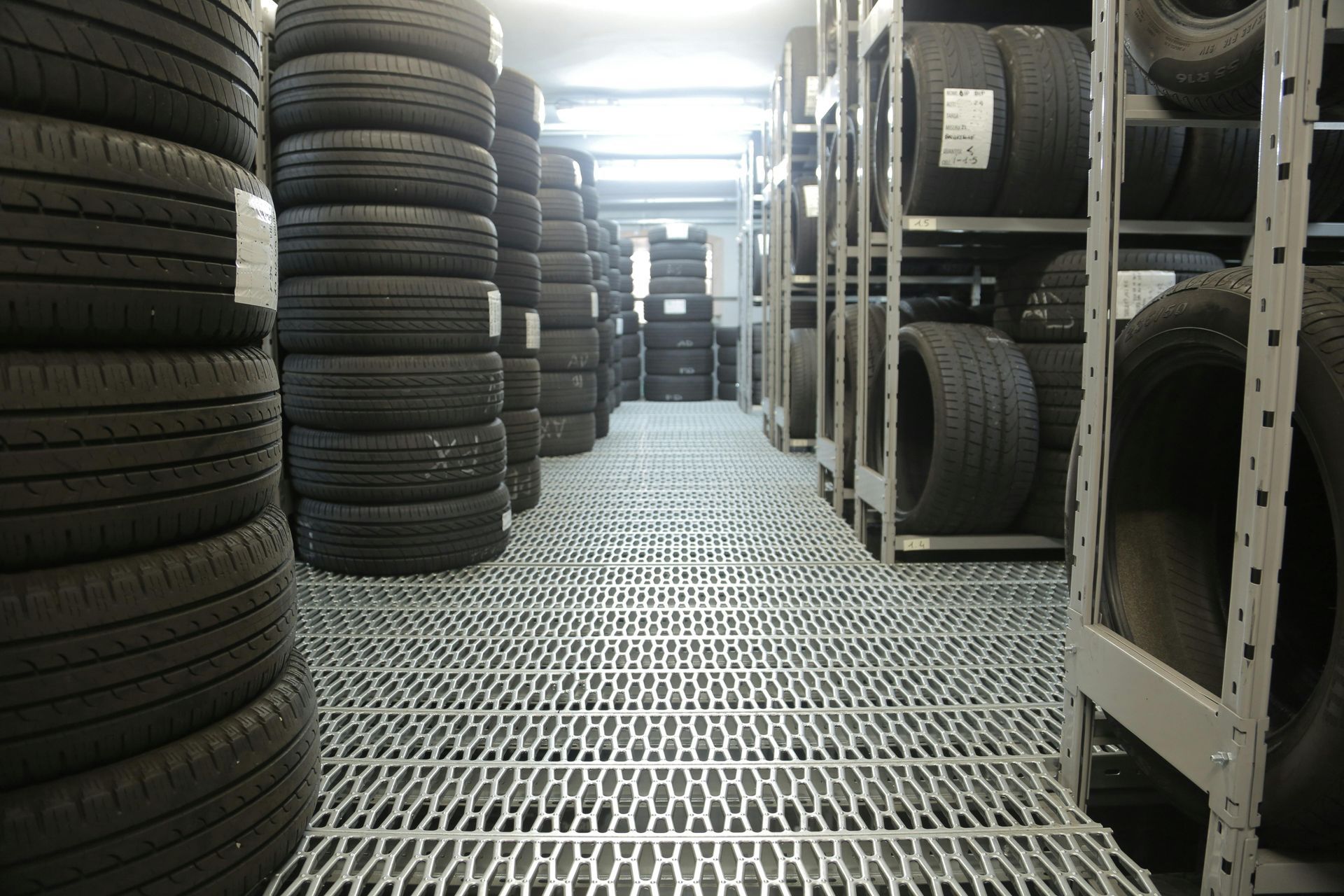Improving your cars fuel economy with good tyres
How better tyres can really make better drivers

Enhancing Fuel Economy: The Unsung Hero of Good Tyres
When it comes to improving your car's fuel economy, most drivers tend to focus on engine efficiency, weight reduction, or driving habits. However, one significant and often overlooked factor is the choice of tyres. Yes, the rubber that grips the road can dramatically influence how efficiently your vehicle consumes fuel. In this blog post, we’ll explore how choosing the right tyres can lead to better fuel economy, helping you save money and reduce your carbon footprint and how the help of a mobile tyre fitter in Reading can make this a reality.
Understanding Rolling Resistance
Rolling resistance is a primary factor that affects a vehicle’s fuel economy. It refers to the energy that is lost as the tyres roll on the road. This energy loss is influenced by several factors, including tyre pressure, tread design, and the materials used in the tyres. Tyres with high rolling resistance require more energy from the engine to overcome this loss, leading to decreased fuel efficiency.
To combat this, investing in Low Rolling Resistance Tyres (LRRTs) can be a game changer. These tyres are specifically designed to minimize energy loss without compromising performance or safety. They typically feature a smoother tread pattern and are made from advanced rubber compounds that reduce friction. By upgrading to LRRTs, you can improve your vehicle's fuel economy by up to 20%, making a noticeable difference, especially over long distances.
The Importance of Proper Inflation
Another critical factor in maintaining optimal fuel economy through tyre management is proper inflation. Under-inflated tyres can increase rolling resistance and decrease fuel efficiency by as much as 3% for every 1 psi drop in pressure. Additionally, having the correct tyre pressure enhances vehicle handling, ensures better safety, and extends tyre life.
Regularly checking your tyre pressure—at least once a month and before long trips—is essential. Most cars have a recommended tyre pressure standard outlined in the owner’s manual or on a sticker located in the driver’s door frame. Keeping tyres adequately inflated can help you maintain or improve your car's fuel economy while promoting overall safety on the road.
Choosing the Right Tyre Size
The size of your tyres can also affect fuel economy. Fitting your vehicle with oversized tyres may seem appealing from a cosmetic perspective, but it can lead to increased rolling resistance and weigh the vehicle down, resulting in higher fuel consumption. Stick to the manufacturer's recommended tyre specifications to maintain optimum balance, aerodynamics, and fuel efficiency.
Tread Design Matters
The tread design of your tyres influences more than just traction and handling—it can also impact fuel economy. Tyres with higher void ratios (more space between tread patterns) may provide better traction in adverse conditions, but they can also contribute to increased rolling resistance, especially on dry pavement.
Conversely, tyres with a more compact tread pattern typically have lower rolling resistance, enhancing fuel economy while still providing sufficient grip. When selecting new tyres, look for options that strike a balance between tread design for adequate safety and performance while optimizing fuel efficiency.
Regular Maintenance Goes a Long Way
Beyond choosing the right tyres, regular maintenance significantly influences fuel economy. Rotating your tyres every 5,000 to 7,000 miles ensures even wear, extending their lifespan and performance. Misaligned or imbalanced tyres can lead to unnecessary drag and fuel waste. Also, periodic inspections for signs of wear or damage are vital for maintaining optimal tyre performance.
Conclusion
Improving your car's fuel economy can be as simple as reassessing your tyre choices and habits. From investing in low rolling resistance tyres to ensuring proper inflation and maintenance, the path to more economical driving begins with mastering your tyres. As the unsung heroes of fuel efficiency, good tyres not only enhance your car's performance but also contribute to a greener environment and a lighter wallet. So, before you hit the road, take a moment to evaluate those rubber companions—your fuel economy will thank you!
Ready to work with Lexsee Business Directory?
Let's connect! We’re here to help.
Send us a message and we’ll be in touch.











